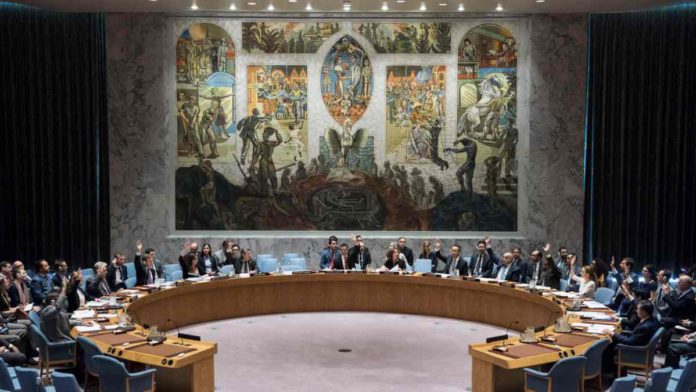This week in New York, the United Nations Security Council will hold its first official discussion on artificial intelligence (AI), with Britain urging an international conversation about its influence on international peace and security.
Governments from all around the world are debating how to lessen the risks posed by developing AI technology, which has the potential to alter the global economy and the nature of international security.
This month, Britain is in charge of rotating the UN Security Council president, and the country has been pushing for a worldwide leadership position in AI governance. Tuesday’s session will be led by James Cleverly, the British foreign secretary.
Read More: Vimeo Introduces AI-Powered Script Generator And Text-Based Video Editor
At the first meeting, UN Secretary-General Antonio Guterres supported a proposal from some AI executives in June to establish a global AI watchdog organization akin to the International Atomic Energy Agency (IAEA).
“The international community must urgently confront the new reality of generative and other artificial intelligence (AI),” speakers told the Security Council in its first formal meeting on the subject. The following discussion spotlighted the duality of risk and reward that is inherent in this emerging AI technology.
Recently, Sam Altman, CEO of OpenAI, said China should have a major influence on the guardrails for artificial intelligence that are needed to guarantee the security of revolutionary new technologies. “The stakes for international cooperation have never been higher,” said Altman, speaking at the conference in Beijing.


